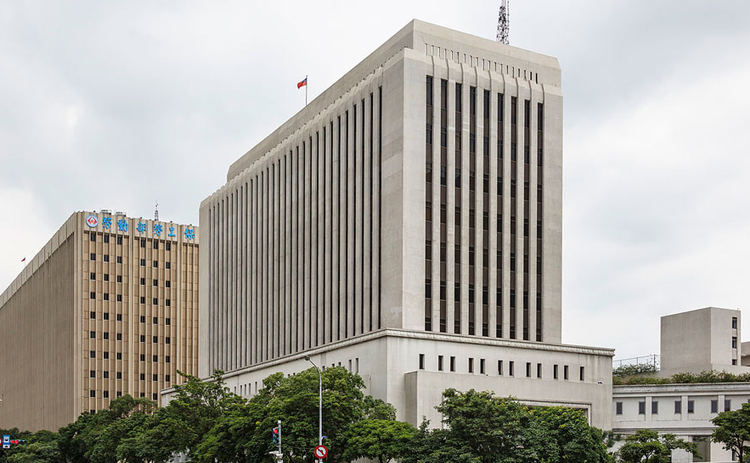
TAIPEI, Oct 4 (Reuters) – Taiwan’s central bank will intervene in the foreign exchange market if there are “extreme” fluctuations to maintain financial stability, its governor Yang Chin-long said on Wednesday.
With the island’s export-dependent economy facing headwinds from slowing global demand for chips and other technology, the Taiwan dollar has lost more than 5% of its value against the surging greenback so far this year and is at a more than seven-year low.
Taking lawmakers’ questions in parliament, Yang said the central bank will intervene as needed.
“If we don’t do this, it will threaten our financial stability,” he added.
The U.S. Treasury Department in June kept Taiwan on a monitoring list for close attention to foreign exchange and economic policies.
Yang said the Treasury “didn’t really mind” about Taiwan intervening to arrest the Taiwan dollar’s depreciation.
Taiwan’s central bank has repeatedly said it will intervene as needed to maintain the currency’s stability. Data this week showed it sold a net $880 million in the first half of this year.
Last month the central bank flagged continued tight monetary policy as it keeps a close eye on inflation and trimmed its 2023 growth forecast. It also keep its benchmark interest rate unchanged.
Yang said the current global interest rate cycle was nearing an end, and that Taiwan would be “no exception”.
He also commented on Taiwan’s stock market, saying that so far this year net foreign capital outflows amounted to more than $10 billion.
“But Taiwan stocks are sound,” he added. “Foreign capital has gone out but it won’t be forever.”
Taiwan’s benchmark index (.TWII) closed down 1.1% on Thursday hitting its lowest point in more than four months, tracking broader falls in Asian stocks. The index is up 15% to date this year.
Reporting by Faith Hung and Liang-sa Loh; Writing by Ben Blanchard; Editing by Kim Coghill and Edwina Gibbs

